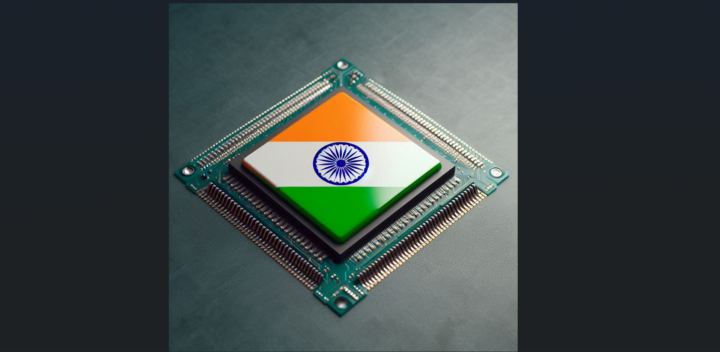Electric Vehicles are popular in India, and businesses know. At the beginning of the year, Uber Technologies announced it will introduce 25,000 electric vehicles in India for ride-sharing over the coming three years.
Indian EV consumers are becoming spoilt for choice with new EV players flooding the market. In April, e-Sprinto, an Indian electric two-wheeler brand announced plans to establish 200 showrooms across 20 cities in India by the end of 2023. In March, Enigma, a young Make-in-India EV manufacturer from Madhya Pradesh launched three EV dealership showrooms in Pune.
Read more: Business tie ups for good: Enhancing user experiences while promoting sustainability & accessibility
EV players are also partnering across sectors, indicating that greener ways can be profitable. In April, Indian shared electric Mobility-as-a-Service (MaaS) player Yulu tied up with Zomato for using Yulu DeX EV for intra-city deliveries. Yulu is looking at about 25-35,000 Yulu DeX delivery partners onboarded on Zomato’s platform for last-mile deliveries on custom-made rental plans. The intent is making urban transportation sustainable and the association with Zomato is a significant step towards making last-mile delivery green and efficient.
There is an increasing desire towards reducing carbon footprint among customers as well, so this is a win-win for customers, delivery executives and both the companies
Pradeep Puranam, Head – Revenue & Operations, Yulu
Pradeep Puranam, Head – Revenue & Operations, Yulu said, “There is an increasing desire towards reducing carbon footprint among customers as well, so this is a win-win for customers, delivery executives and both the companies.”
While there is no dearth of customers for electric vehicles in India, not everyone is able to afford an EV. According to a recent report titled ‘Mobilising Finance for EVs in India’ jointly published by NITI AYOG and Rocky Mountain Institute, the mobilization of funds and capital towards electric vehicle assets continues to be a significant barrier to the mass adoption of EVs in India.
The report highlights the need for collaborative efforts involving multiple stakeholders and innovative solutions to overcome this challenge and access low-cost financing at scale. Additionally, the report emphasises the importance of finance and technology innovations to accelerate India’s transition towards shared, electric, and connected mobility.
Read more:
The Indian two-wheeler market specifically is witnessing massive transition to electric scooters, with the two-wheeler loan portfolio growing by 10.6% Y-o-Y in value and 1.6% Y-o-Y in volume as of June 22. The growth in the two-wheeler loan portfolio indicates that more people are willing to adopt electric two-wheelers, a positive sign for the environment and the economy.
Leveraging this demand, companies are providing flexible financing options. In March, Three Wheels United (TWU), a global fintech company for EV financing, announced plans to be fully operational in 27 cities across India by April 2023. Currently operating in 16 cities, TWU plans to launch operations in 11 more cities over the next month.
In April, Matter, a tech innovation-led startup, tied up with OTO (a digital commerce and financing platform for two wheelers) to provide consumers vehicle financing options for its motorbike AERA. This initiative will offer digital two-wheeler finance to customers through a paperless process at the convenience of their place and time of choice.
Some Indian states like Kerala have pushed strongly to become EV adaptive, with the state government pitching in with financial options. In 2019, Kerala’s Electric vehicle policy set an ambitious target of introducing 1 million EVs by 2022. Since then, several EV initiatives have been implemented in the state to drive the mass adoption of EVs.
Read more: EV Bharat: With more climate action Indian EVs can shine while easing commuter lives
During the 2022 financial budget, the state government announced an incentive of Rs 25,000/- to Rs 30,000/- for every EV vehicle in the rollout of 10,000 e-autos in select cities. Furthermore, other initiatives to improve charging infrastructure and enable easy access to finance have also been introduced to effectively implement the state’s e-vehicle policy.
Cedrick Tandong, CEO and Co-Founder, Three Wheels United, said, “The adoption of Electric Vehicles has seen a steady increase in Kerala and the demand for EVs has significantly increased over the years. We believe that access to affordable financing can further contribute to the mass adoption of EVs in the state.”












